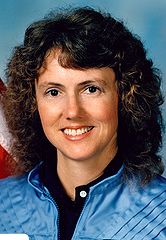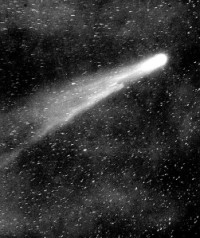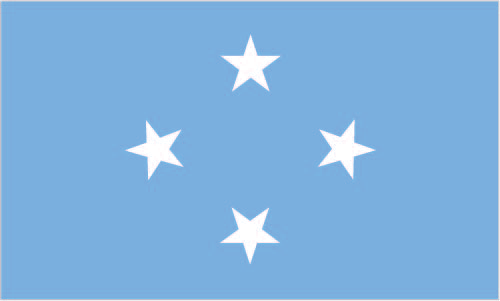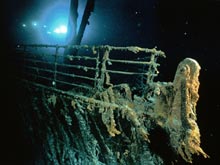Voyager 2 sailed past Uranus in 1986. It discovered eleven new moons and two new rings. Voyager 2 collected data on one of the moons, Miranda. Miranda, named after a character in William Shakespeare’s The Tempest, is gouged by deep craters and sharp cliffs. Voyager 2 was launched on August 20, 1977, and it still sends back data about deep space! Idea: Children could find out how newly discovered objects in space are named. Children can learn more, including a great mission time elapsed clock, at: Voyager 2.

Christa McAuliffe
Challenger Space Shuttle disintegrated in 1986. Just 73 seconds into its flight, the spacecraft broke into pieces over the Atlantic Ocean. The accident temporarily stopped the American space program, and it revamped space travel safety requirements. Killed were Christa McAuliffe (the first teacher in space), Francis Scobee, Gregory Jarvis, Ronald McNair, Michael Smith, Judith Resnick, and Ellison Onizuka. Children could learn more about the astronauts at: Challenger They could also read The Challenger Disaster by Tim McNeese.

Halley’s Comet
Halley’s Comet was visible in 1986. Named after Edmund Halley, the scientist who conducted extensive research on the comet, the comet has been documented since 240 BCE. The comet will appear again around July 28, 2061. Children could learn more about comets in general at: Comets.

Mir Space Station
Mir space station was launched by the Soviet Union in 1986. It was home to both Soviet and American scientists until March, 2001.

Halley’s Comet
Halley’s Comet made its closest approach to earth yet in 1986. Edmond Halley discovered that certain similar comets had been seen in 1531, 1607, and 1682. He concluded the sightings were of the same comet. It was named in honor of him. The comet appears roughly every 77 years, approaching earth again mid-2061. Children can learn more about Halley’s Comet and comets in general at: Comets.

Martin Luther King, Jr.
Martin Luther King, Jr. was awarded the Nobel Peace Prize in 1964. The youngest person (at the time) to receive the award, he contributed the award money to the civil rights movement. Older children can read his acceptance speech at: King Nobel Speech.
Elie Wiesel was awarded the Nobel Peace Prize in 1986. Older children can read his well-written acceptance speech at: Wiesel Nobel Speech.

Flag of Micronesia
Micronesia celebrates Independence Day. The archipelago, located in the western Pacific Ocean, gained its freedom from the United States and the United Nations in 1986. Palikir is the capital. The combined area of the 607 islands is about four times the size of Washington, DC. Its tropical climate allows the islanders to grow and export black pepper and bananas. The total population is slightly greater than one hundred thousand.

Voyager Completing its Flight
Dick Rutan and Jeana Yeager in 1986 made the first flight around the world without refueling. For 216 hours the Voyager flew, traveling over 26,000 miles. The plane lifted off from Edwards Air Force Base on December 14th. Because it was carrying so much fuel, it barely lifted off before it reached the end of the runway. Cramped quarters and frequent weather problems, including a typhoon, made piloting difficult. The plane and pilots returned to Edwards Air Force Base to thousands of spectators and reporters. The plane is now in the Air and Space Museum. Older children can learn more at: Voyager.
